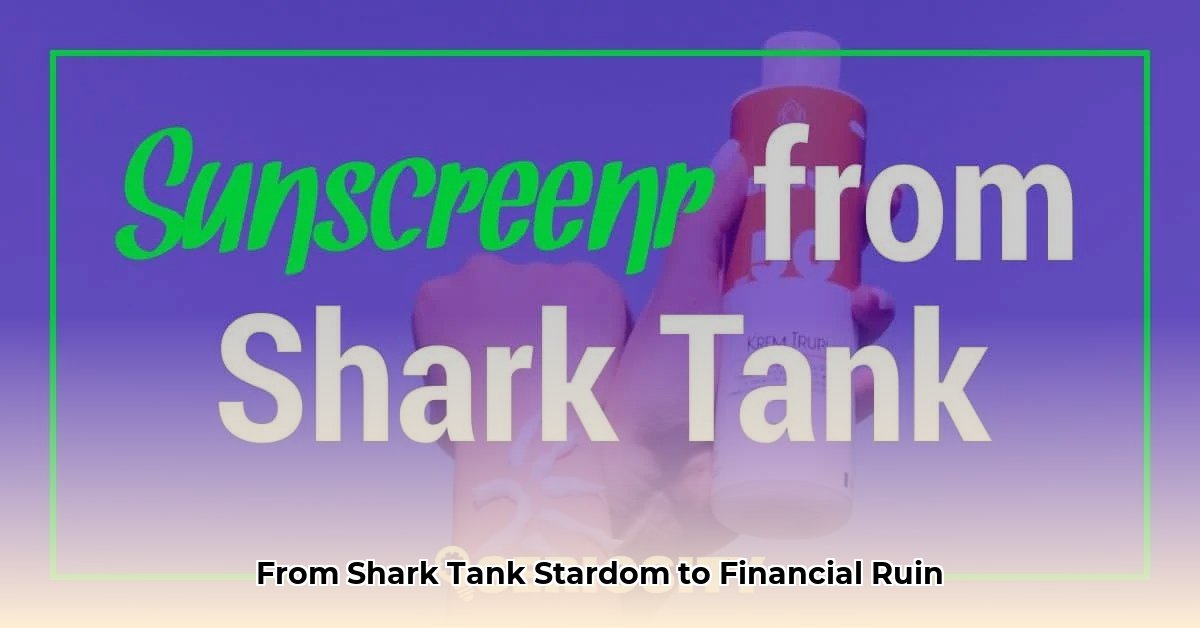
Sunscreenr: From “Shark Tank” Star to Closure
Sunscreenr, the company that captured the attention of “Shark Tank” viewers with its handheld UV camera, has seen its fortunes change dramatically since its appearance on the show. Despite securing an $800,000 investment from Kevin O’Leary, the company faced significant challenges, leading to its closure in 2018.
The “Shark Tank” Pitch and Investment
In 2016, Sunscreenr founder David Cohen presented his company and product, a wearable UV camera designed to help people prevent sunburn, on the popular reality show “Shark Tank.” His pitch impressed the Sharks, and O’Leary offered to invest $800,000 for a 33.3% equity stake, valuing the company at $2.4 million.
Post-Show Struggles and Challenges
Following the investment, Sunscreenr faced several challenges that derailed its growth trajectory. Shipping delays hampered the delivery of the product to customers, and technical issues with the camera’s accuracy and usability created a negative perception among users.
Lack of Product-Market Fit and Scalability
Sunscreenr’s downfall also stems from a lack of product-market fit. While a UV camera can detect areas of missed sunscreen application, it did not offer a significant advantage over existing sunscreen practices. The product also faced competition from cheaper and more accessible alternatives.
Overreliance on Shark Tank Investment
Sunscreenr’s overreliance on the Shark Tank investment proved to be detrimental. The company failed to develop a comprehensive business plan and secure sustainable funding sources beyond the show. This made it vulnerable to market changes and competition.
Lessons Learned
The Sunscreenr case study provides valuable lessons for entrepreneurs and investors. The importance of product-market fit, scalable business models, and effective execution after funding cannot be overstated. Startups must develop a comprehensive strategy and secure diverse funding sources to ensure long-term success.
Conclusion
Sunscreenr’s journey illustrates the challenges that even well-funded startups face in achieving profitability. While the company showed early promise, its failure to address key market challenges ultimately led to its demise. Entrepreneurs should learn from Sunscreenr’s experience and focus on developing products that meet a genuine market need, building sustainable business models, and executing their plans with precision.